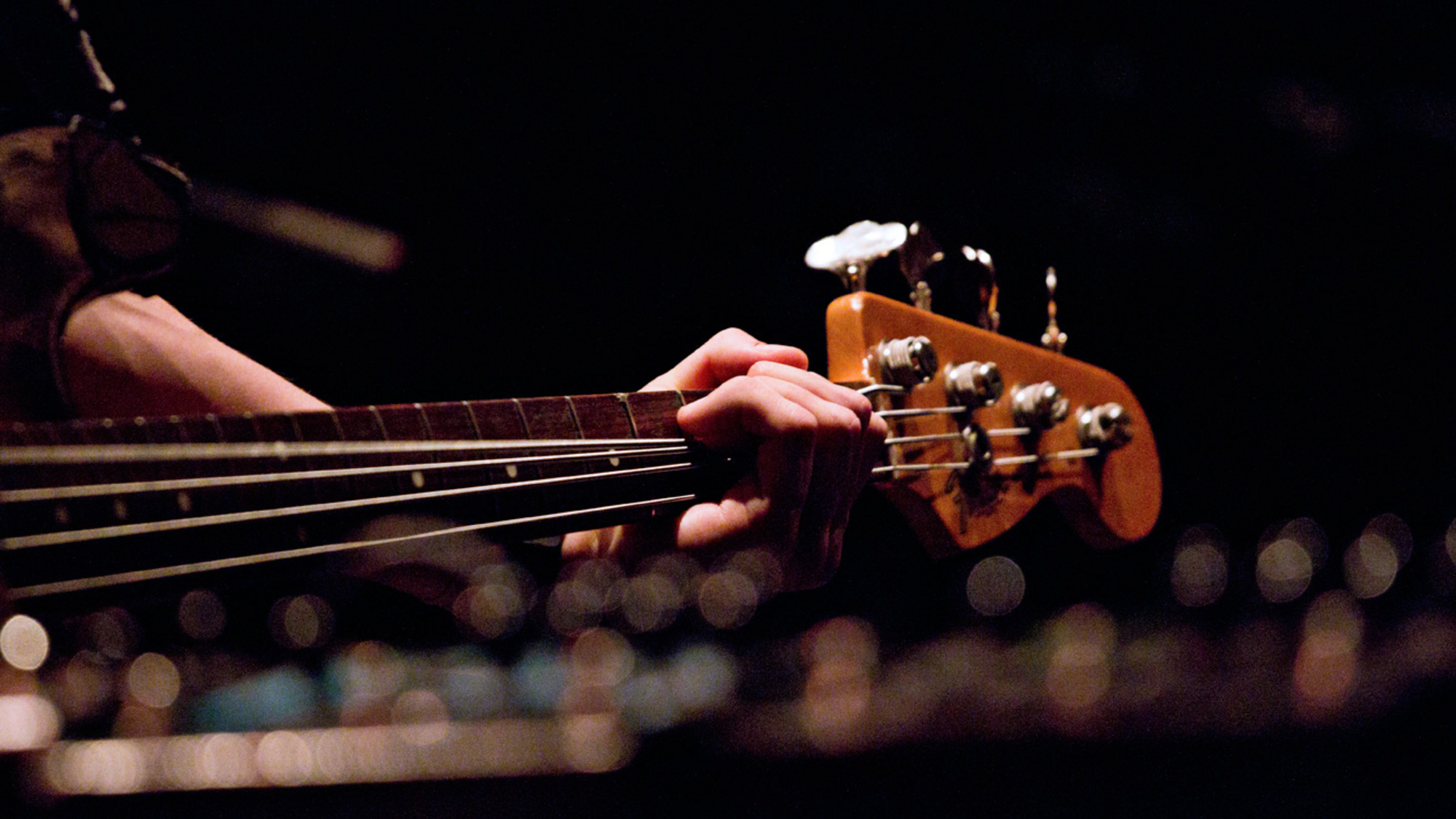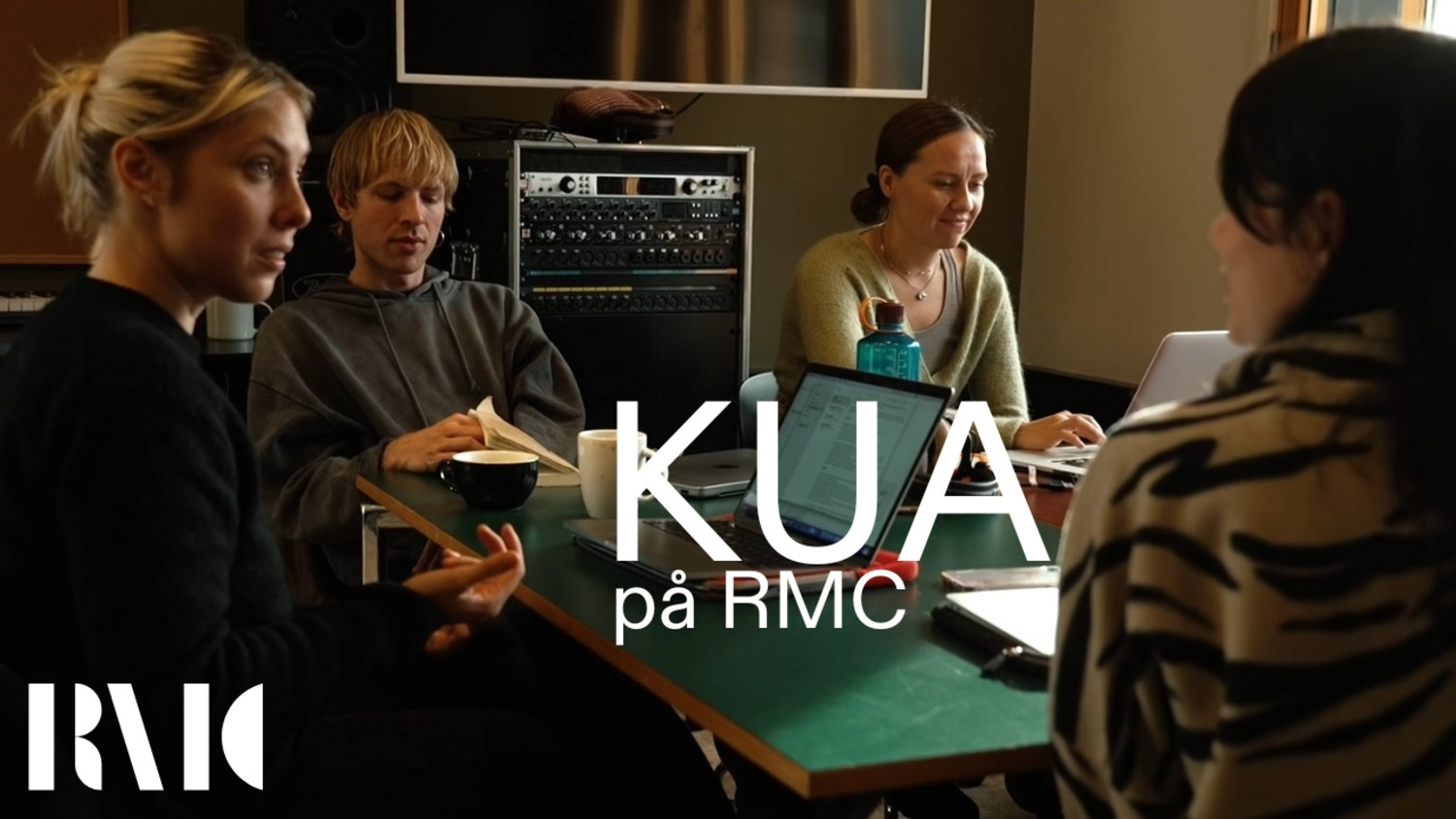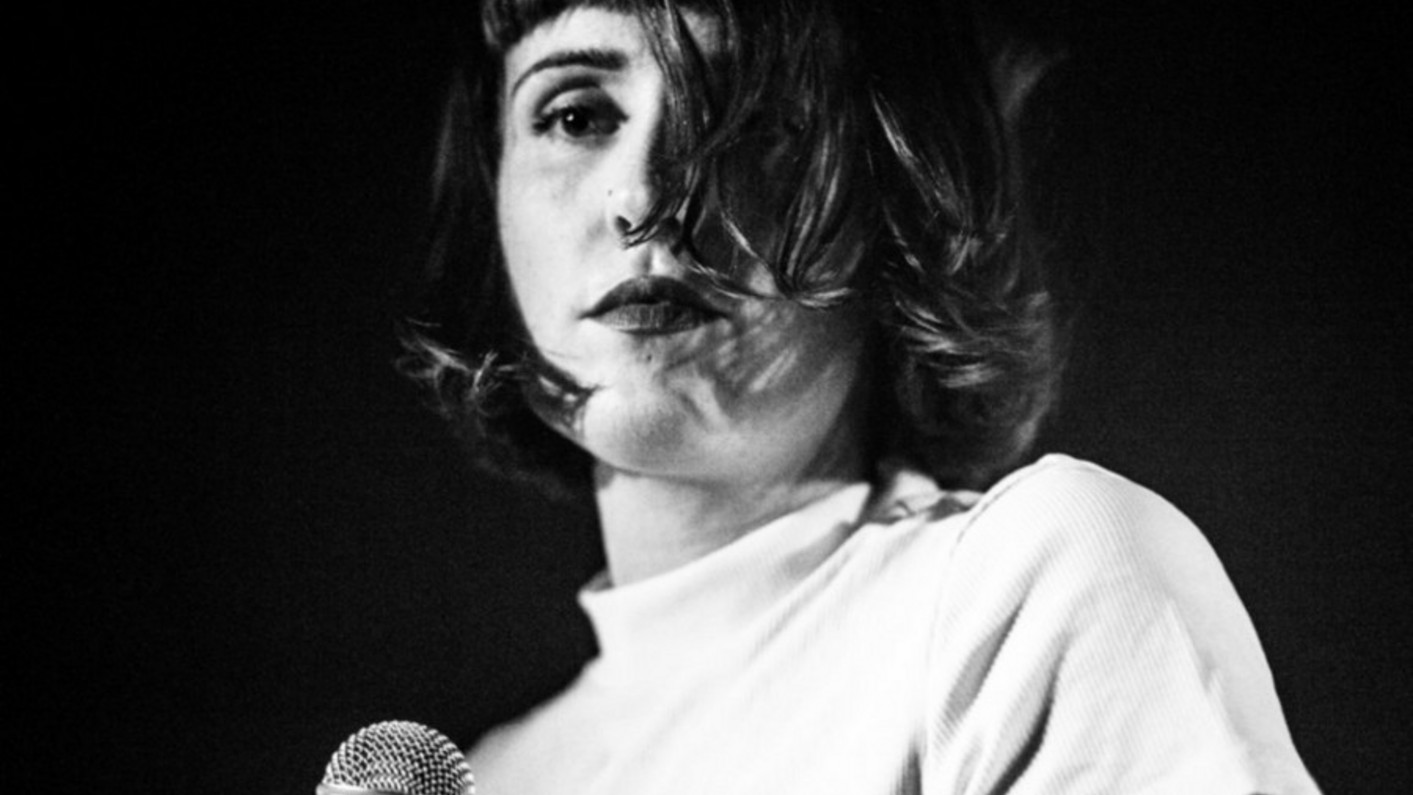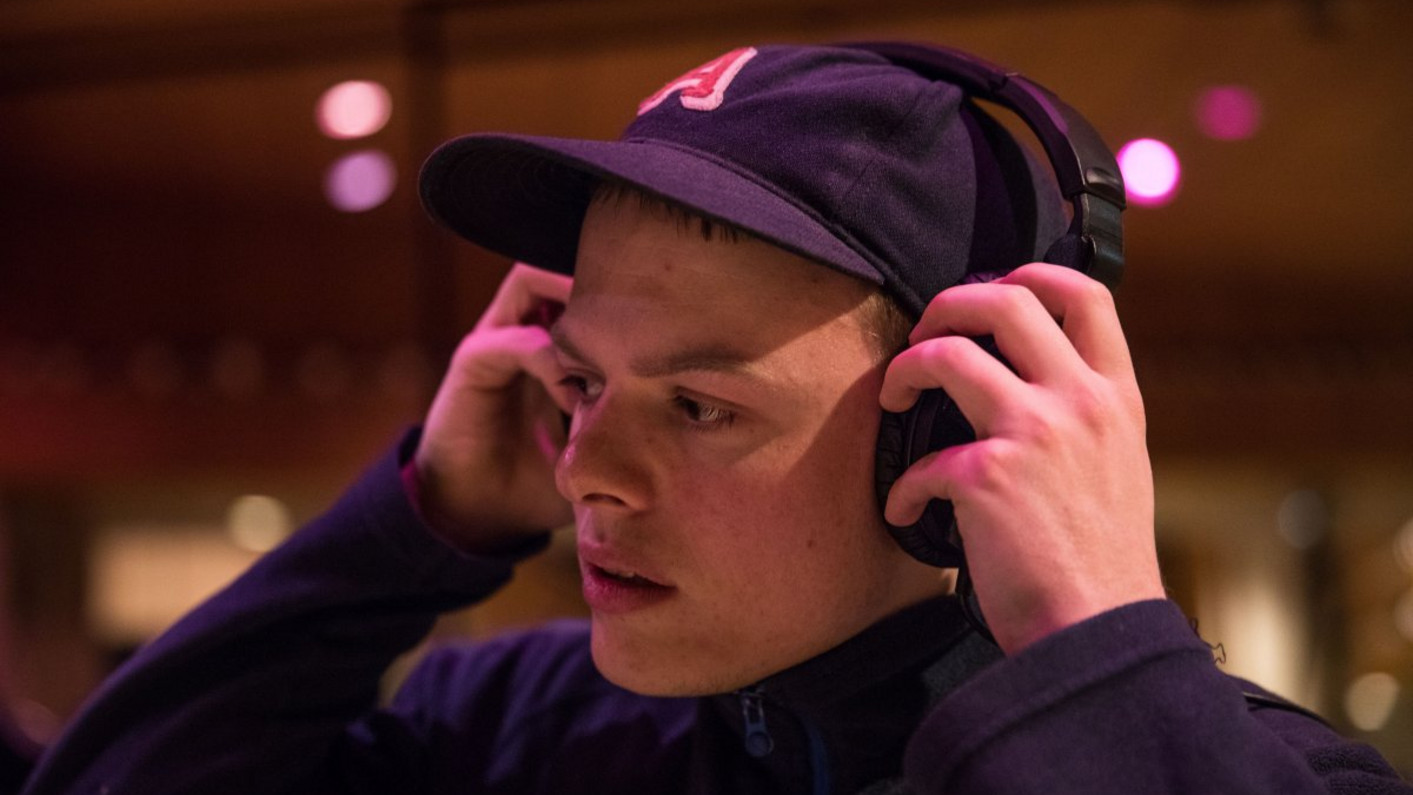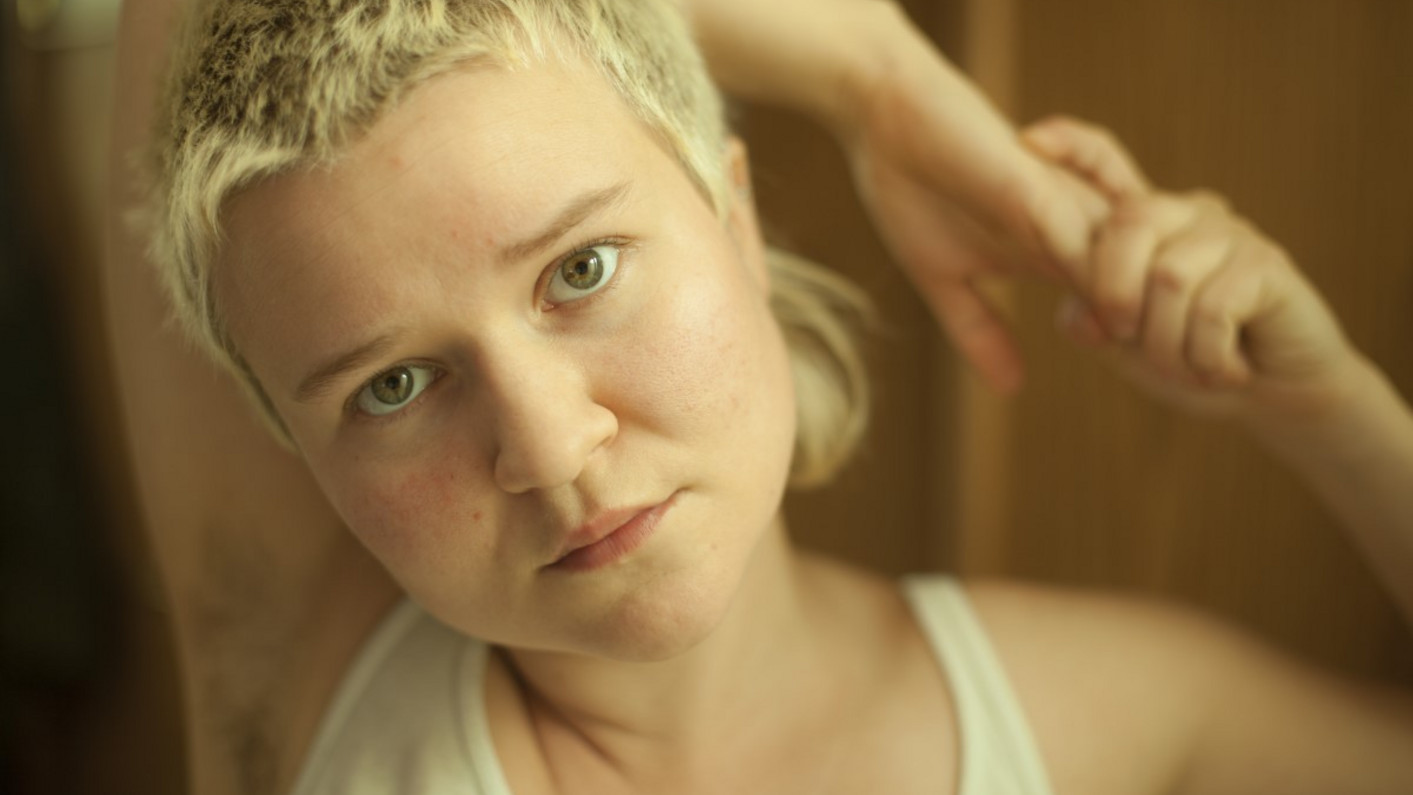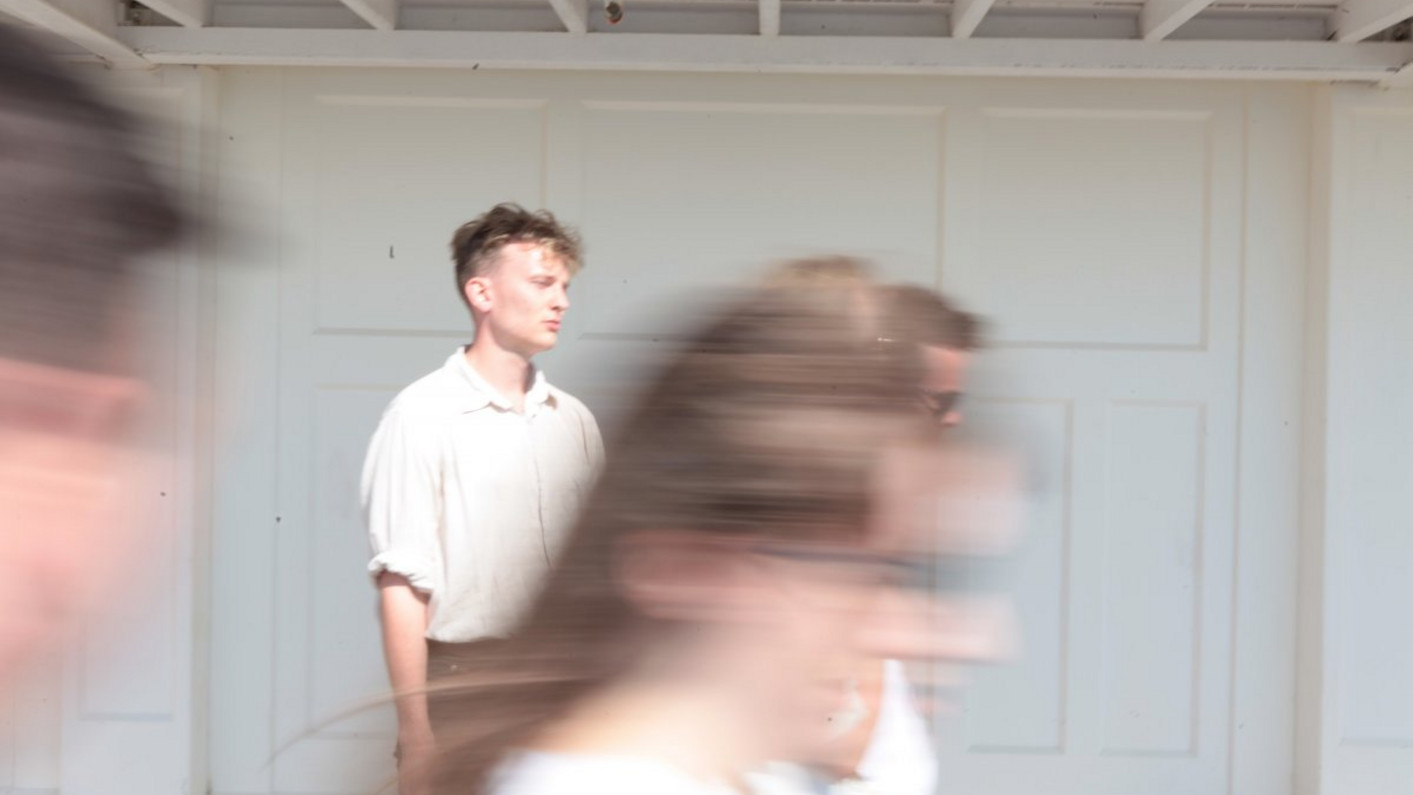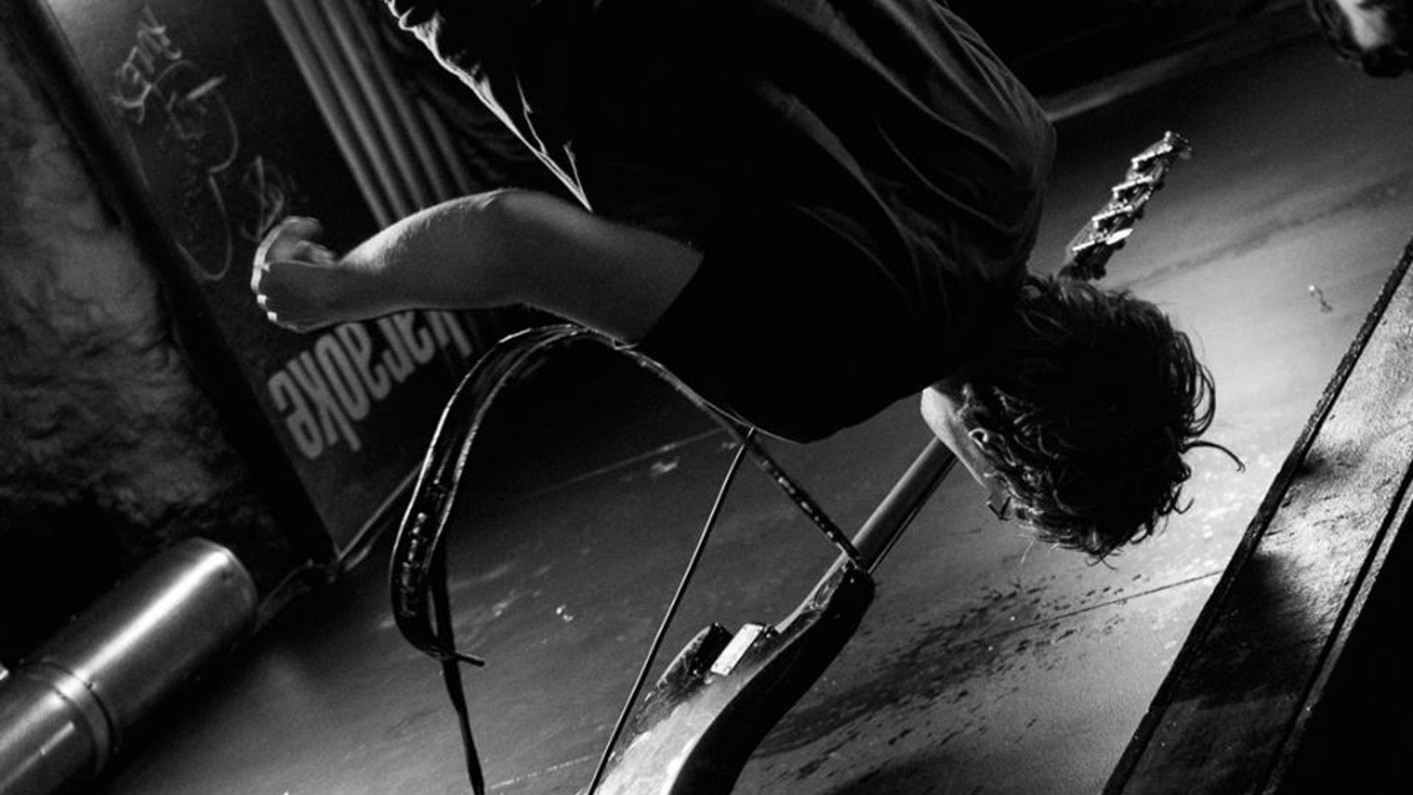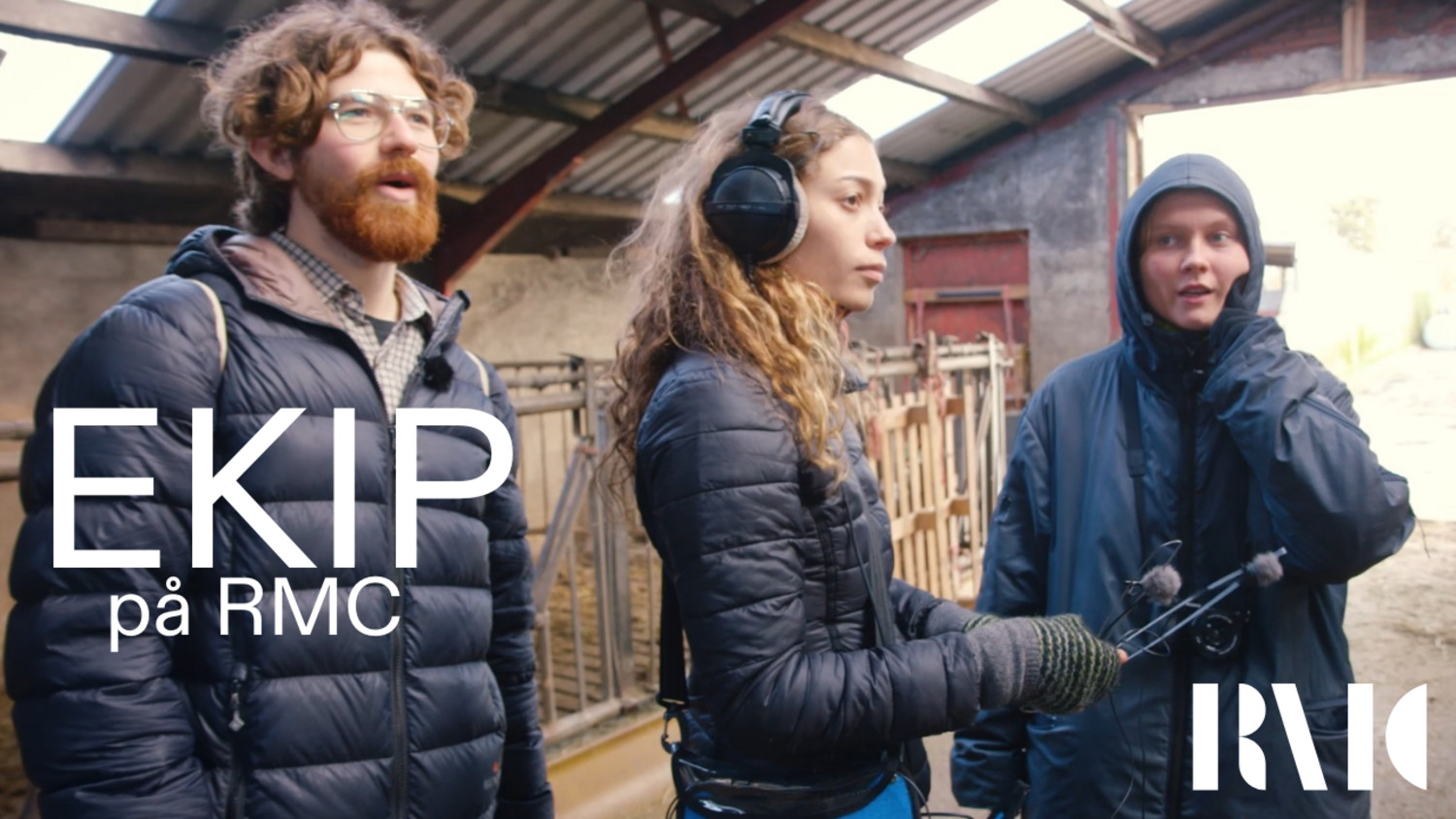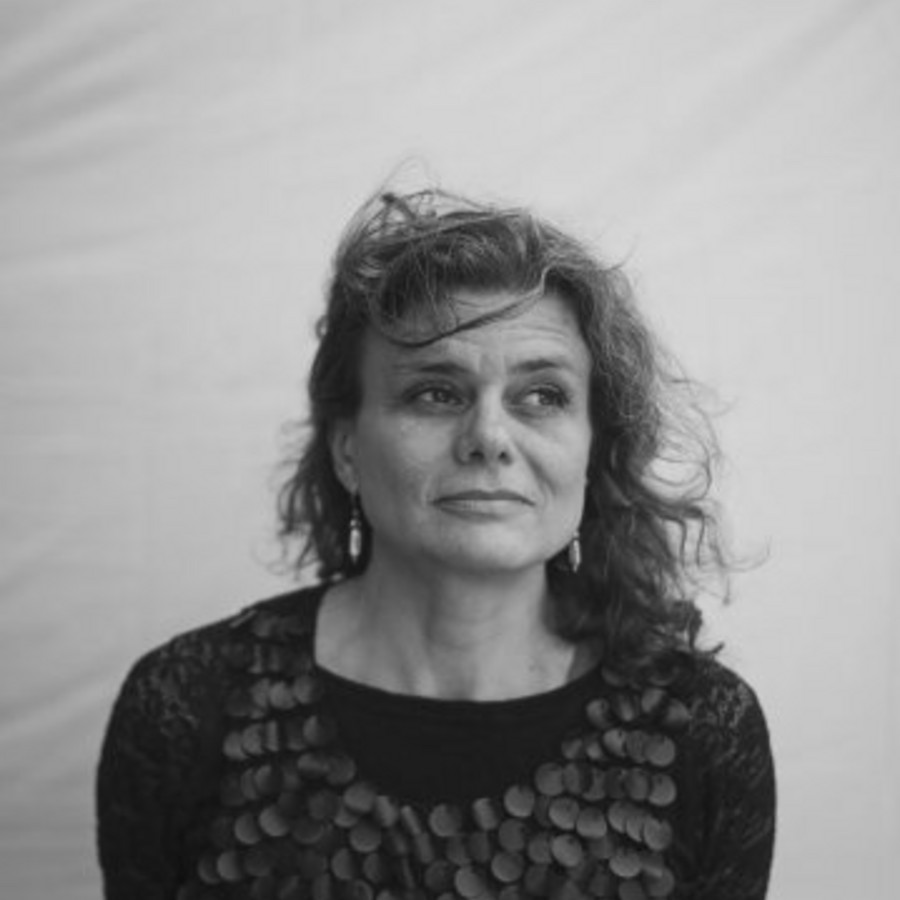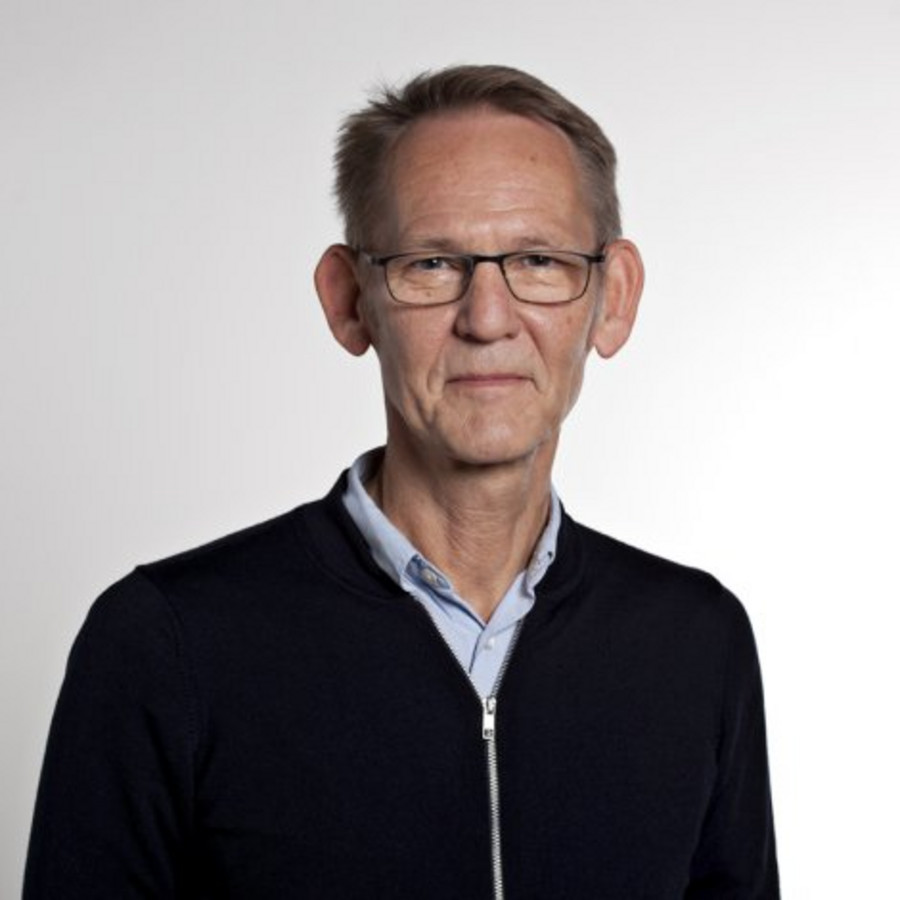The programme takes its starting-point in your vision, and aims to further develop your artistic and arts educational practice within rhythmic contemporary music.
On this study programme you become part of a diverse and inspiring study environment, where teachers, supervisors and fellow students stimulate and challenge your development.
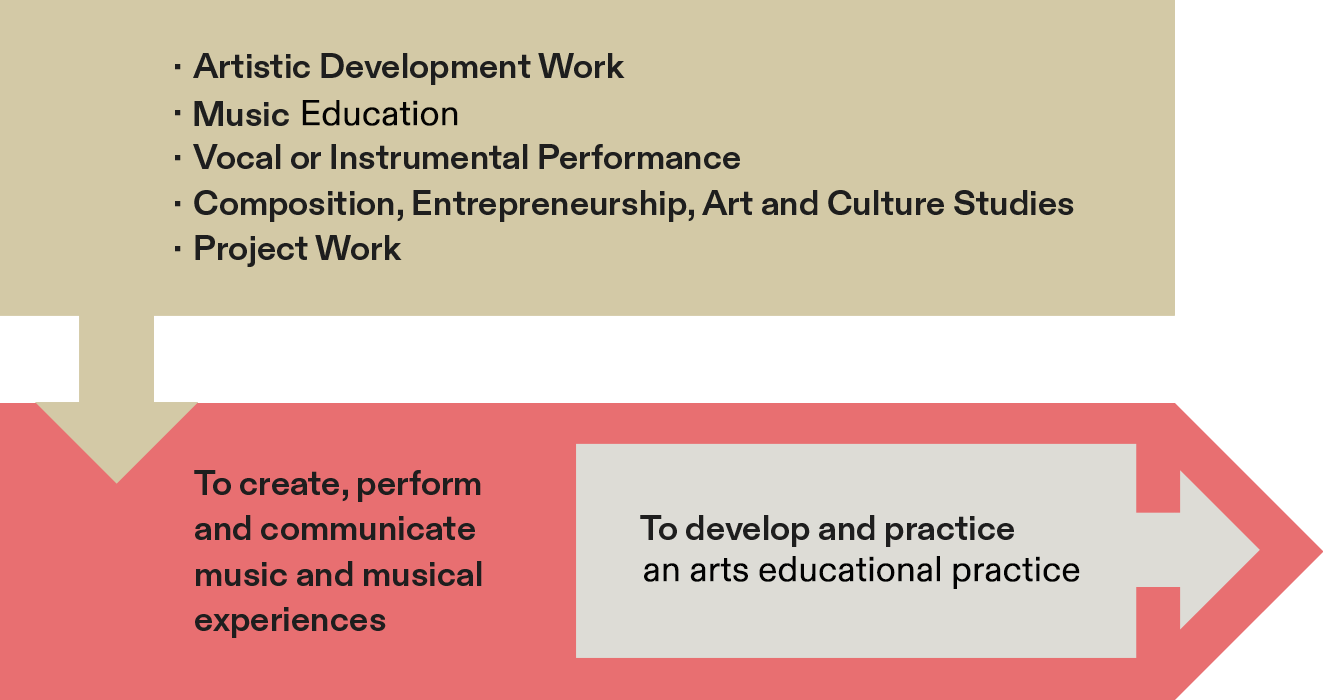
Via the Conservatory’s extensive cooperation with external partners in Denmark and abroad, you obtain access to an extensive professional network that will enhance your future employment opportunities as musician, educator or entrepreneur in a changing music industry.
How do I apply?
You can read about this and much more under APPLICATION and ENTRANCE EXAMINATION below.
See as well the general information about application and admission:
| The study programme opens for applications | 15 October 2024 |
| Online information meeting | 4 November 2024 - at 16:00 Danish, at 17:00 English |
| Deadline for online application | 2 December 2024 at 12:00 CET |
| 1st round - You are not present | 2-10 January 2025 |
| Outcome of the 1st round by email | 16 January 2025 |
| 2nd round - You must attend at RMC | 28-31 January 2025 |
| Outcome of 2nd round by email | 14 February 2025 |
| Online meeting for applicants offered a study place | 19 February 2025 at 16:00 |
| Start of study | 18 August 2025 |
Application and Entrance examination: Music Performance (BA)
WHO CAN APPLY?
In addition to having musical prerequisites at a high level, you must have so much experience and be so well grounded as either an instrumentalist or a singer that the examiners can clearly sense an independent artistic expression at the entrance examination.
You must be able to take responsibility for your own learning process, and be able to work independently, both on your own and in collaboration with others. You should in general be open to experimentation and to expand your practice, so as to discover new aspects of yourself as an artist and music professional. All genres and styles are welcome.
There is no requirement for a specific educational background.
The entrance examination at RMC is not coordinated with programmes at other academies of music. You are welcome to apply to several academies.
You can apply for several programmes at RMC simultaneously, but the entry examinations are not coordinated.
WHERE TO APPLY
You must apply online through:
You must create a profile, fill in the online application form and upload relevant files.
WHAT SHOULD THE APPLICATION CONTAIN?
In the application form you must upload music files, describe the uploaded music and answer a number of questions about your motivation for wanting to study at RMC, provide reflections on your artistic practice as a musician, and describe your background and experience.
Music
- You must upload 2 tracks which you feel provide a good picture of who you are as a creative and performing musician.
Total duration: 5-6 minutes.
File format: mp4
- Both examples should be video recordings and should document live situations recorded with or without an audience, e.g. in a rehearsal room, in a studio or on stage.
- The music examples must be one-takes, recorded from a fixed single point camera (e.g. a mobile phone camera), and the recordings must be without post-editing, i.e. without clips or overdubs.
- You must participate as an instrumentalist or singer and you must have been artistically responsible for the music yourself.
- There are no limitations in relation to genre. All forms of artistic and musical expression are therefore welcome, as long as the uploaded tracks live up to the above mentioned criteria.
- There are no specific requirements regarding the sound quality.
Supplementary Information
- Precise specification of your own role and the roles of any others in connection with each of the uploaded tracks.
Precise specification of who has written and possibly produced the music.
Max. 250 keystrokes per track.
- A brief description of how you have created the music. If the tracks are extracts from longer pieces, state this.
Max. 500 keystrokes per track.
Written Application
- Describe what you wish to achieve with/through your artistic practice.
Max. 1,000 keystrokes.
- Describe your working methods – how do you work when you are creating and performing music, alone and when you work with others?
Max. 1,500 keystrokes.
- What sources of inspiration have informed your music – for example other musicians or music creators, other art forms and/or societal issues?
How is this incorporated into your practice as a musician?
Max. 1,000 keystrokes.
- Describe your background and experience as a musician, including ongoing projects and any experience as a music teacher.
Max. 1,000 keystrokes.
- Describe any other music-related experience or experience as a collaborative partner in other contexts. Briefly describe your role.
Max. 500 keystrokes.
- State any previous related studies of higher education (conservatory, university, teacher training college, university college, etc.) and other education.
Max. 500 keystrokes.
- What is your motivation for studying at RMC - what do you wish to learn?
Max. 1,000 keystrokes.
APPLICATION FEE
Applicants for a bachelor programme at RMC must pay an application fee of 500 DKK. The fee covers part of the conservatory's costs in connection with processing applications as well as planning and running the entrance exams, and cannot be refunded after the application deadline has expired.
DEADLINE
The deadline for applications is 1 December at 12:00 CET. If this date is a Saturday, Sunday or a public holiday, the deadline will be at 12:00 CET on the next weekday.
WHO IS SELECTED FOR THE ENTRANCE EXAMINATION?
All who apply for admission to the Bachelor programme Music Performance will have their applications assessed at the first round of the entrance examination.
WHAT IS THE PURPOSE OF THE ENTRANCE EXAMINATION?
The purpose of the entrance examination is to:
- To give the assessors an opportunity to thoroughly evaluate your performing and creating skills and development potential.
- To give you an opportunity to demonstrate your professional and artistic profile to the widest possible extent.
- To ensure that your background and experience, your reflections on your artistic practice as a musician and your motivation to study at RMC are communicated.
FORM AND CONTENT OF THE ENTRANCE EXAMINATION
The entrance examination takes place in two rounds.
The 1st round consists of an assessment of the submitted tracks and the supplementary information.
The 2nd round consists of a concert and an interview.
1ST ROUND - ASSESSMENT OF SUBMITTED MATERIAL
The first round consists of an assessment of the submitted tracks and the supplementary information (credit list, brief description of the submitted music examples).
You will not be present at the assessment.
An assessment panel consisting of two assessors will make an overall assessment based on the submitted tracks and the supplementary information. The panel will assess:
- Your ability to create and perform music and musical experiences borne by an independent artistic expression.
- The extent to which you possess the instrumental/vocal skills necessary to realise your music and your artistic expression.
- The extent to which you possess other relevant professional skills necessary to realise your music and your artistic expression.
You will be awarded points on a 100-point scale, which is a subdivision of the 7-point scale. A minimum of 40 points is required to pass the examination.
The assessment is given in relation to the level required to commence the study programme.
SELECTION AFTER THE 1ST ROUND
On the basis of the assessments, RMC selects a number of applicants to advance to the second round. This group is usually two to three times larger than the number of applicants who can be admitted to the programme. The selection process also takes into account the requirements of the music business.
The applicant must pass the first round in order to advance to the second round.
All applicants will receive a response to the first round via e-mail.
Applicants, who are selected to advance to the second round of the entrance examination, will be informed about the precise time of the entrance examination at RMC.
No feedback is offered to applicant who do not advance to the second round.
2ND ROUND - CONCERT & INTERVIEW
The 2nd round of the entrance examination consists of a concert which must be with your own group (at least one other person who sings or plays an instrument) and an interview between you and three internal examiners.
There are no genre restrictions in the concert.
All forms of artistic musical expression are welcome.
The entrance examination takes place at RMC and you must be present.
The interview is based on your written application and the concert.
Concert: 10 minutes.
Interview: 10 minutes.
You are allowed to bring a maximum of four other musicians in addition to yourself for the concert.
The room will be at your disposal approximately 30 minutes before your examination starts.
You are not allowed to bring other persons for the interview.
At the second round, an overall assessment is made of:
- Your ability to create, perform and communicate music and musical experiences borne by an independent artistic expression.
- The extent to which you possess the instrumental/vocal skills necessary to realise your music and your artistic expression.
- The extent to which you possess the other relevant professional skills necessary to realise your music and your artistic expression.
- Your ability to reflect on your artistic practice as a musician.
- Emphasis is also placed on your experience of developing and realising artistic projects, independently or with others.
You will be awarded points on a 100-point scale, which is a subdivision of the 7-point scale. A minimum of 40 points is required to pass the examination.
The assessment is given in relation to the level required to commence the study programme.
ENTRANCE EXAMINATION LANGUAGE
The entrance examination is normally conducted in Danish. In cases where the applicant does not speak or understand Danish, the examination is carried out in English.
ADMISSION
Based on the results of the second round, the best-qualified applicants will be admitted to the programme. If several applicants are equally well-qualified, factors such as the requirements of the music business may be included in the Conservatory’s decision on who to admit.
Sixteen students are usually admitted to the programme. Due to the limited number of places available, the Conservatory may be obliged to reject some applicants even if they have passed the entrance examination.
You will receive an e-mail informing you of whether or not you have been admitted.
All applicants who are not admitted will be offered a brief, ten-minute telephone conversation with the responsible internal examiner, who will elaborate on the assessment result on the basis of the assessment criteria used.
WAITING LIST
A limited number of applicants who are qualified for admission, but who have not been admitted due to a lack of places available, may be offered a place on a waiting list. In the period up to 1 June, applicants on the waiting list may be offered admission.
ILLNESS IN CONNECTION WITH THE ENTRANCE EXAMINATION
Illness must be documented by medical certificate if you wish to have the opportunity to take a make-up examination. The medical certificate must be provided no later than three workdays after the examination date. The Conservatory will determine the date of any make-up examination, and you will be notified of this as soon as possible. It will not be possible to take the make-up examination at any other time than that set by RMC. You are responsible for paying the cost of the medical certificate.
Programme structure: Music Performance (BA)
The study programme is aimed at you who would like to have a sustainable working life as a creating and performing musician. As a professional in rhythmic music, you must largely create your own employment. Therefore, the course has a broad scope and prepares you for a career which consists both of your own artistic and arts educational projects and projects where you engage in other potentials and purposes in partnership with others.
It is the goal of the study programme that you, after graduation, have developed a strong and wide-ranging artistic and arts educational practice, where good craftsmanship skills and the ability to collaborate and reflect on methods, contexts and results are decisive elements. The course will thus enable you to continuously reinvent yourself throughout a long life as a creating and performing musician, music teacher and entrepreneur.
You will have gained insight into a wide range of functions in music life and have formed a strong network, which you will benefit from in the rest of your professional work.
In the study programme, emphasis is placed on ensuring that your own ideas and your own practice get the best conditions for development in a study environment that supports experimentation, investigation and the open work process. At the same time, there is a focus on you building up knowledge and skills at a high level, within the field in which you work.
The teaching includes artistic development, composition, instrumental/vocal performance and pedagogy.
The teaching alternates between timetabled, week-based teaching, project weeks, individual teaching and teaching in groups.
The teaching, on the one hand, seeks to meet the needs of the individual student and, on the other hand, places emphasis on establishing a common platform where students inspire and support each other in their artistic and professional development.
Some of the teaching is organized for you, some you organize yourself, and during the course you will enter into collaborations with students from both your own and the conservatory's other study programmes as well as with partners from the conservatory's outside world. The study programme includes a lot of independent work and preparation, and you will also have to read and write professional texts.
The teaching is mainly within your own year, however, subjects and projects can be in teams made up across years and/or study programmes.
The course concludes with a Bachelor project, where you will have the opportunity to immerse yourself in a self-selected topic within the creating and performing field and present the result at a public graduation festival.
The course is a full-time study, and attendance at tuition is compulsory. The language of instruction is usually Danish, but teachers may provide teaching in English to individuals or small groups as necessary.
During the course of studies it is optional to apply for exchange studies at a foreign conservatory or for self-planned studies abroad.
A Bachelor in music performance provides you with a foundation for further studies at Masters level at a Danish or a foreign conservatory.
RMC offers the Masters programmes Music Creation, Music Education, Music Performance and Nordic Master: The Composing Musician.
The study programme corresponds to 180 ECTS points, equivalent to three years of full-time study at 1,620 working hours per year. A year of full-time study includes all work connected with the study programme, including classes, independent study, examinations and all other study-related activities.
The table below shows how the subjects and ECTS points are distributed in the programme.
You can read more about the objectives and structure of the study programme in the curriculum, where you will also find detailed descriptions of the individual subjects – click on the link to the right.
You can read more about the objectives and structure of the study programme in the curriculum, where you will also find detailed descriptions of the individual courses.
Below you will find the list of teaching staff on the programme in the current study year, permanent academic staff as well as contract teachers.
RMC prioritizes diversity in terms of genre and fields of expertise when the entire group of teachers is composed.
As a student, you are offered a wide spectrum of professional impulses from permanent teaching staff as well as from contract and external teachers.
Within the core subjects of the programme, the teaching performed by the permanent staff will normally not exceed more than two thirds of the total number of teaching hours.
In relation to special courses, projects and similar activities, you will have the opportunity to meet a large number of external teachers.
Kunstnerisk Udviklingsarbejde / Artistic Development Work
Anders Mathiasen
Nikolaj Hess
Jacob Anderskov
Kasper Tranberg
Sharin Foo
Soffie Viemose
Qarin Wikström
Kunstnerisk Udviklingsarbejde (individuel, faglig vejledning) / Artistic Development Work (Individual Subject-specific Tuition)
Jakob Kullberg
Signe Lykke
Anders Stig Møller
Soffie Viemose
Christian Balvig Pehrson
Louise Nipper
Rune Kielsgaard
Michael Møller
Sophie Ziedoy
Mads Damsgaard Kristiansen
Mads Forsby
Emil Palme
Jeppe Skovbakke
Flavia Huarachi Jørgensen
Sophie Ziedoy
Simon Toldam
Nina Persson
Lotte Anker
Thommy Andersson
Samuel Hällkvist
Lotte Anker
Gunver Ryberg
Fine Glindvad
Ida Katinka Fridan Pedersen
Grischa Lichtenberger
Puyain Sanati
Calum Builder
Pablo Llambias
Anne Rosing-Schow
Anders Bach Pedersen
Anna Roemer
Carlos Wind Demsitz
Emil Isaksson
Jakob Littauer
Lil Lacy
Mads Gjellerod
Nils Gröndahl
Per Møllehøj
Rasmus Littauer
Nina Persson
Tue Krebs Rojkjer
Peter Schneidermann
Lars Bech Pilgaard
Qarin Wikström
Specialisering / Specialization
Anja Jacobsen
David Elberling
Greta Schenk
Ida Niegaard
Lykke Meyer Jacobsen
Mija Milovic
Maria Laurette Friis
Simon Toldam
Eksternt, kollaborativt, integreret projekt / External, Collaborative, Integrated Project
Christian Taagehøj
Kim Boeskov
Malene Bichel
Niels Lyhne Løkkegaard
Rikke Heinsen
Sharin Foo
Eksternt, kollaborativt, integreret projekt (individuel, faglig vejledning) / External, Collaborative, Integrated Project (Individual Subject-specific Tuition)
Pernille Skov
Andreas Liebmann
Nikolaj Hess
Ivar Myrset Asheim
Pernille Skov
Josh Beyer
Lars Greve
Maria Faust
Pablo Llambias
Jason Lee Cameron
Øyvind Torvund
Asger "Agnes" Hartvig
Ida Schou Niegaard
Lars Greve
Anders Lauge Meldgaard
Aisha Thorsen
Adrianna Kubica-Cypek
Kat Jarby
Villads Klint
William Kudahl
Mimmi Bie
Labros Vasileiou
Sanne Krogh
Villads Tyrrestrup
Asger "Agnes" Hartvig
Nikoline Rasmussen
Gry Worre Hallberg
Labros Vasileiou
Signe Rasmussen
Bachelorprojekt / Bachelor Project
Marc Facchini
Qarin Wikström
Sharin Foo
Nikolaj Hess
Musikpædagogik og læring / Music Education and Learning
Malene Bichel
Jens Skou Olsen
Kim Boeskov
Maria Westvall
Clara Vuust
Morten Lundsby
Albert Raft Rasmussen
Aisha Thorsen
Komposition / Composition
Jaleh Negari
Soffie Viemose
Anders P. Jensen
Louise Dam Eckardt Jensen
Michael Møller
Jens Bjørnkjær
Simin Stine Ramenzanali
Simon van Deurs Formann
Morten Winther Nielsen
Kunst- og kulturstudier / Art and Culture Studies
Rune Søchting
Mimmi Bie
Henrik Marstal
Anders P. Jensen
Cathrine Landberg
Jens Tang Kristensen
Mathias Schønberg
Subjects and ECTS
Subject
- 1. Sem.
- 2. Sem.
- 3. Sem.
- 4. Sem.
- 5. Sem.
- 6. Sem.
- Subject ECTS
Artistic Development Work
50 ECTS
Subject
- 1. Sem.
- 2. Sem.
- 3. Sem.
- 4. Sem.
- 5. Sem.
- 6. Sem.
- Subject ECTS
Artistic Development Work
- 12.5
- 12.5
- 12.5
- 12.5
- 50
Music Education
30 ECTS
Subject
- 1. Sem.
- 2. Sem.
- 3. Sem.
- 4. Sem.
- 5. Sem.
- 6. Sem.
- Subject ECTS
Music Education
- 7.5
- 7.5
- 7.5
- 7.5
- 30
Composition
20 ECTS
Subject
- 1. Sem.
- 2. Sem.
- 3. Sem.
- 4. Sem.
- 5. Sem.
- 6. Sem.
- Subject ECTS
Composition
- 5
- 5
- 5
- 5
- 20
Specialisation: Instrumental/Vocal Performance
10 ECTS
Subject
- 1. Sem.
- 2. Sem.
- 3. Sem.
- 4. Sem.
- 5. Sem.
- 6. Sem.
- Subject ECTS
Specialisation: Instrumental/Vocal Performance
- 2.5
- 2.5
- 2.5
- 2.5
- 10
Art and Culture Studies
10 ECTS
Subject
- 1. Sem.
- 2. Sem.
- 3. Sem.
- 4. Sem.
- 5. Sem.
- 6. Sem.
- Subject ECTS
Art and Culture Studies
- 2.5
- 2.5
- 2.5
- 2.5
- 10
External, Collaborative, Integrated Project
30 ECTS
Subject
- 1. Sem.
- 2. Sem.
- 3. Sem.
- 4. Sem.
- 5. Sem.
- 6. Sem.
- Subject ECTS
External, Collaborative, Integrated Project
- 30
- 30
Entrepreneurship
10 ECTS
Subject
- 1. Sem.
- 2. Sem.
- 3. Sem.
- 4. Sem.
- 5. Sem.
- 6. Sem.
- Subject ECTS
Entrepreneurship
- 10
- 10
Bachelor Project
20 ECTS
Subject
- 1. Sem.
- 2. Sem.
- 3. Sem.
- 4. Sem.
- 5. Sem.
- 6. Sem.
- Subject ECTS
Bachelor Project
- 20
- 20
